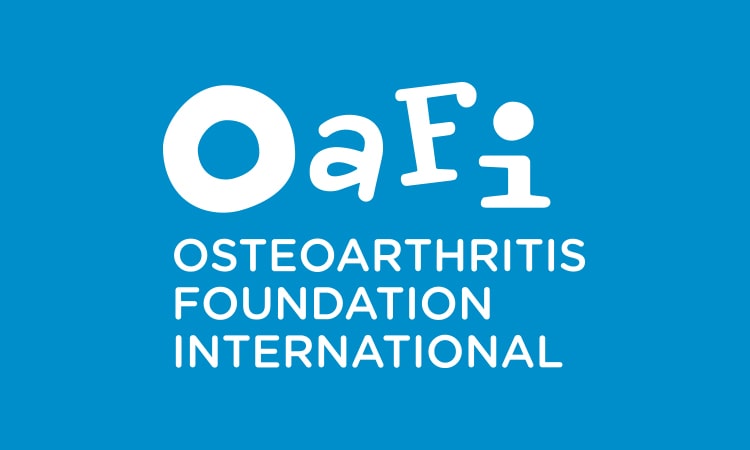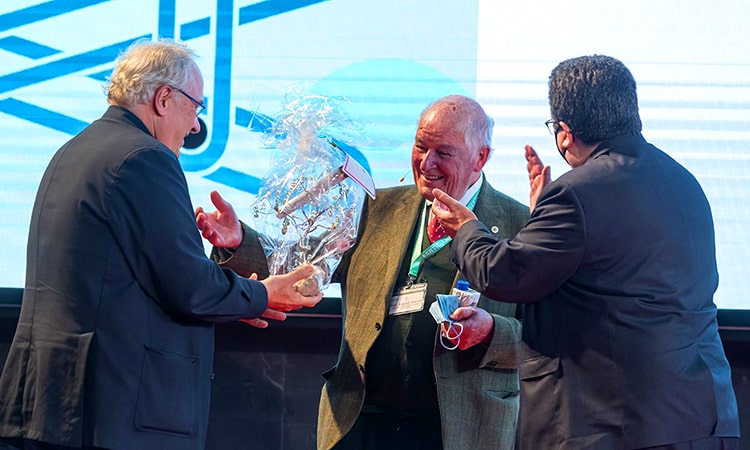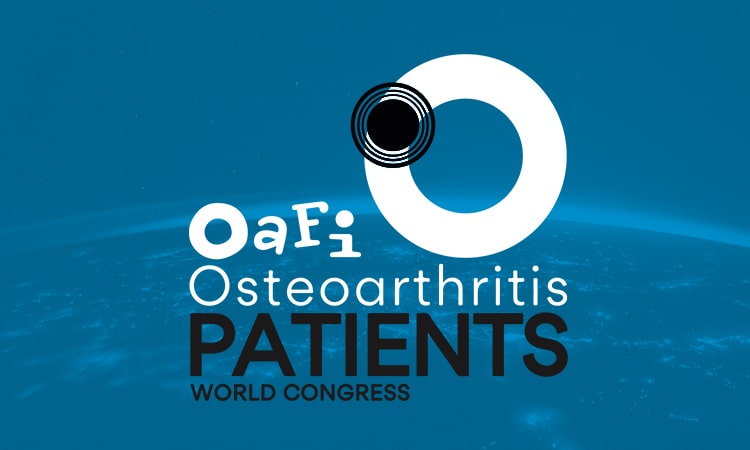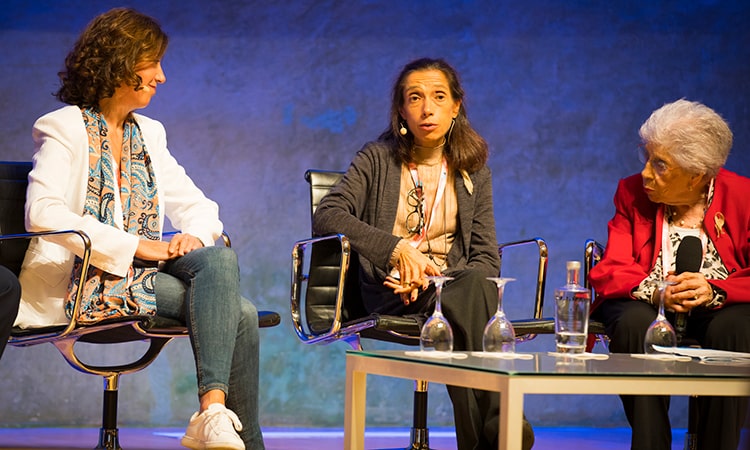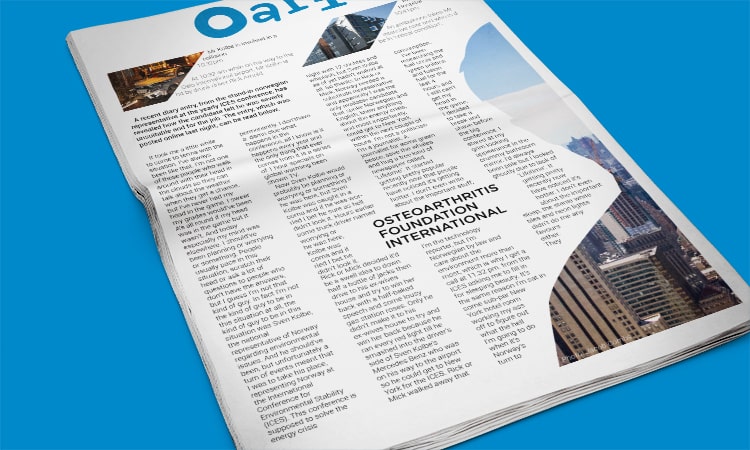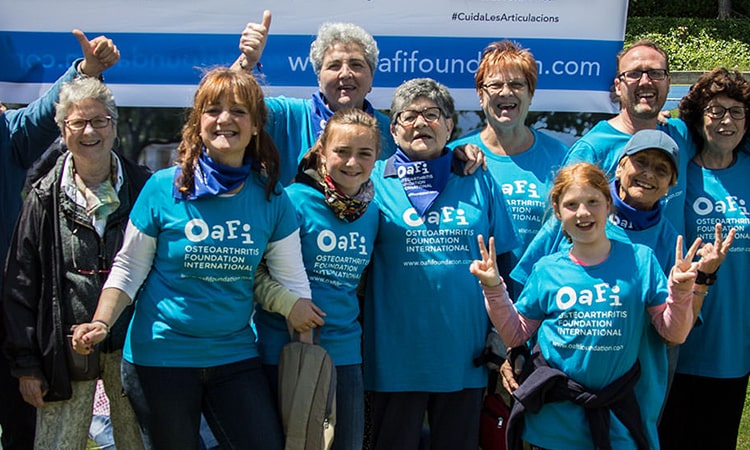- Foundation
- Actions
- Osteoarthritis
- Actuality
- OAFI Radio/TV
- Get Involved
- Contact
OAFI
Osteoarthritis International FoundationC/ Tuset, 19 · 3º 2ª
08006 Barcelona
(+34) 931 594 015
info@oafifoundation.comSchedule:
Monday-Thursday 9AM-6PM
Friday 8AM-3PM
-

-

-

Total success in 7th OAFI CONGRESS
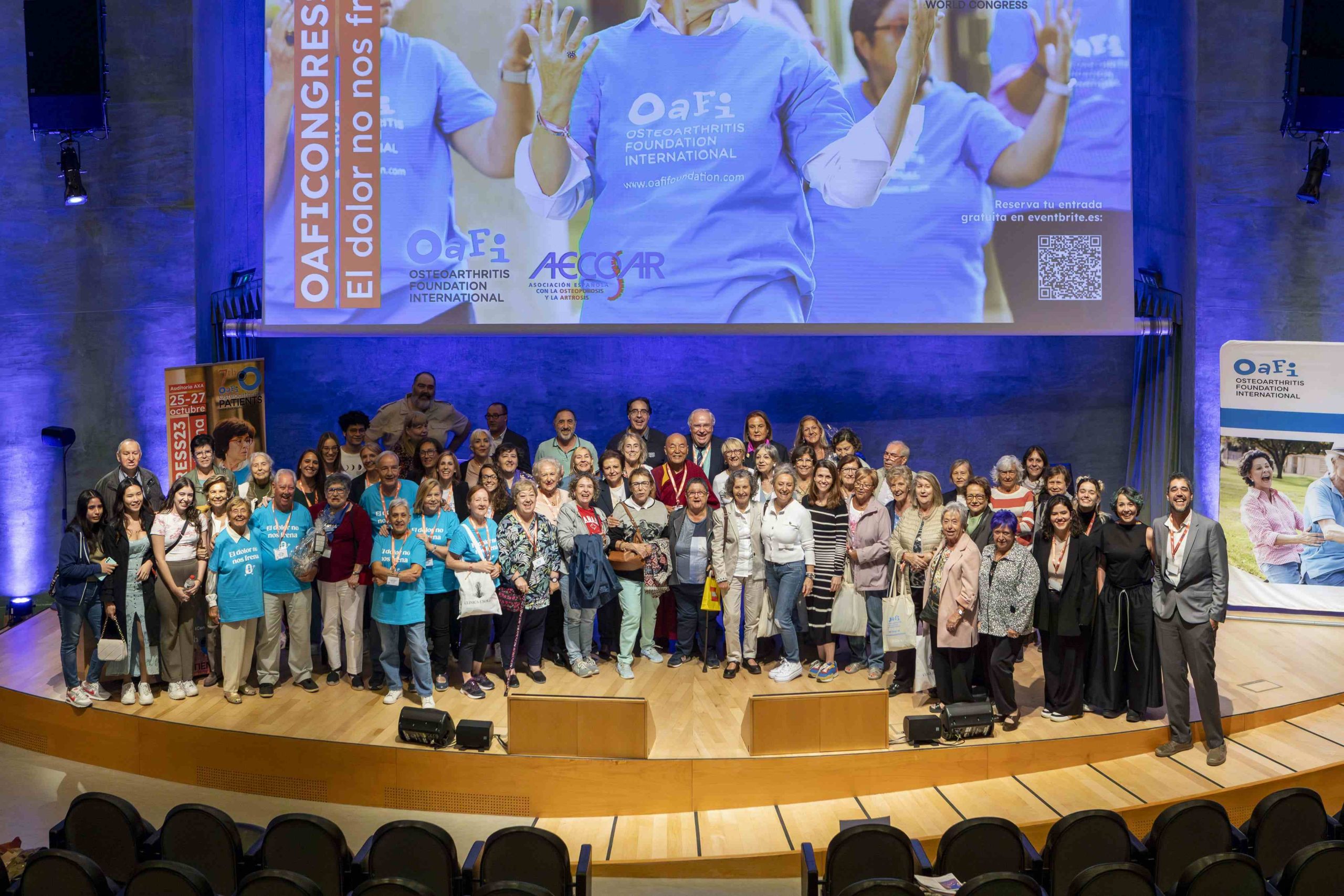
- 80% of the population over 65 years of age has Osteoarthritis in Spain, a disease that is also starting to affect more and more young people.
- Already affecting more than 595 million people globally, osteoarthritis is bringing with it a tsunami of cases in the face of an ageing population.
- On 25, 26 and 27 October, the OAFI Foundation held the 7th edition of the International Congress for Osteoarthritis Patients, offering solutions to this reality.
Barcelona, 10th November 2023
On 25, 26 and 27 October, the International Osteoarthritis Patients’ Foundation (OAFI) organised the 7th edition of the International Osteoarthritis Patients’ Congress at the AXA Auditorium (Barcelona). This new edition, focused on prevention, treatment and awareness of an increasingly prevalent disease, offered solutions to the challenges it presents to our society. Under the slogan “Pain Does Not Stop Us”, patients, health professionals, research centres, health authorities and opinion leaders came together to create a united front in the face of this pathology.
Osteoarthritis, a tsunami that has already arrived
It is estimated that osteoarthritis affects more than 7 million people in Spain. Recent publications indicate that, globally, the number of cases already stands at 595 million , with 6% of the global population already suffering from this disease. Osteoarthritis is also a clear gender-based disease: 60% of women over the age of 50 already suffer from it. After the age of 80, the percentage rises to 80%. Given the increase in longevity and life expectancy of the population and the falling birth rate, these figures are multiplying at an accelerated rate. On the other hand, osteoarthritis does not come alone: 95% of patients suffer from comorbidity. Insomnia (30-40% of patients), cardiovascular diseases (patients with osteoarthritis are 31% more likely to suffer a heart attack) or depression and anxiety (38%) make osteoarthritis a disabling disease that turns the simplest task into a major obstacle.
The seventh edition of the OAFI Congress, a new model of health conception
Faced with these figures, the OAFI Foundation has returned with the #OAFICongress23 to shed light on this situation and offer a wide range of tools to patients, helping them to better understand and manage their disease. With the participation of more than 60 speakers, including Santiago Niño Becerra, the Venerable Thubten Wangchen, Dr. Sol Ruiz (AEMPS), Maria Mavris (EMA), Esther Gil (Strategic Directorate of Primary Care, Department of Health of Catalonia), Dr. Ingrid Möller and Dr. Jose María Villalón (Head of Medical Services of Atlético de Madrid), among many others, the congress once again turned Barcelona into the world capital of joint health.
As Dr. Josep Vergés, CEO and Founder of OAFI, states, “A well-informed patient is a patient who will evolve better. It is essential that they can understand what is happening to them and how they can improve. The #OAFICongress23 aims to be this tool for patients“.
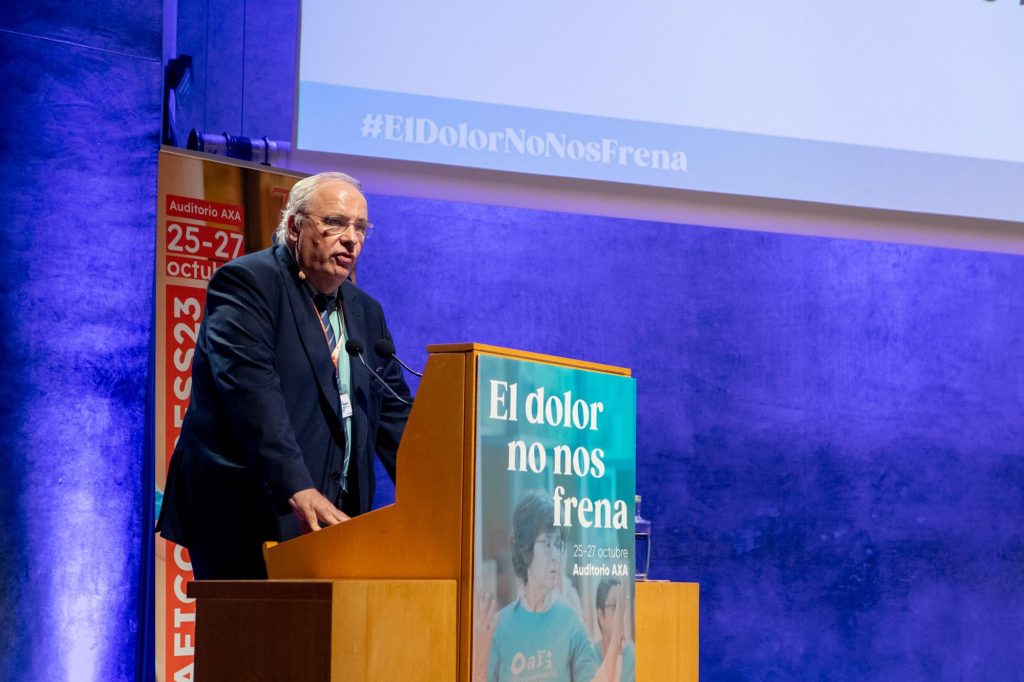
Prevention is better than cure, also for Osteoarthritis
Prevention was one of the key concepts of this seventh edition, providing patients with tools to prevent the disease and/or avoid reaching its most advanced stages.
The latest therapeutic developments, nutrition, sleep medicine, economics and the management of comorbidities were some of the central themes of this #OAFICongress23.
Dr. Luis Miguel Torres, president of SEMDOR, was in charge of explaining the effects of smoking on joint health, making it clear that smoking increases the risk of suffering rheumatic diseases, also increasing the chances of suffering an osteoporotic fracture (the risk rises to 40% in smokers). Although there are studies suggesting the therapeutic effects of nicotine, smoking remains a risk factor for chronic pain.
Dr. Laura Arranz, a nutritionist specialising in chronic pain, reinforced the concept of adopting healthy lifestyle habits to prevent and treat osteoarthritis, emphasising the benefits of following our Mediterranean diet, which is a sustainable and effective long-term approach that improves the patient’s quality of life, joint mobility and reduces pain.
The therapeutic novelties came from speakers such as Alba Ventura, physiotherapist at IXALUD, who presented andulation as a new alternative for patients, being a non-invasive and painless therapy that helps to improve circulation and reduce pain.
On the other hand, Dr. David Poyatos, molecular area at Laboratorio Echevarne, added the importance of taking into account the genetic factor or pharmacogenetics when prescribing a treatment, as the response to drugs is not the same in all people and will help us to improve efficacy and reduce side effects.
In this sense, Dr. Antonio Coca, an internist at the Hospital Clínic de Barcelona, stressed the importance of taking into account the patient’s cardiovascular risk when prescribing treatment, recommending the avoidance of effervescent analgesics due to their high sodium content in patients at cardiovascular risk and opting for options such as the combination of chondroitin sulphate and glucosamine, which has been shown to reduce the risk of ischaemic stroke by 45% in those treated with glucosamine and by 23% in those treated with chondroitin sulphate.
Finally, there was also time to talk about sleep and joint health by Dr. Estivill and Dr. Giardino, sleep specialists at the Estivill Sleep Clinic, who reminded us of the influence of sleep on the perception of pain and how poor sleep worsens this sensation. They also reminded us that 82% of patients with chronic pain suffer from insomnia, as sensitivity to pain increases during the night as it follows circadian rhythms.
The #OAFICongress23 will be available for free viewing on OAFI’s YouTube channel in the near future.
Hashtags: #OAFICongress23 #ElDolorNoNosFrena
